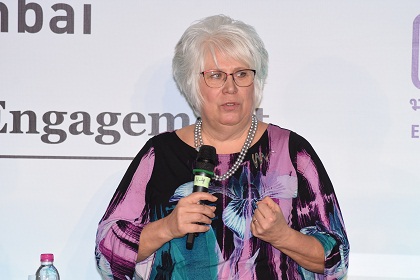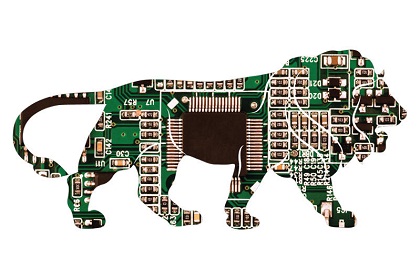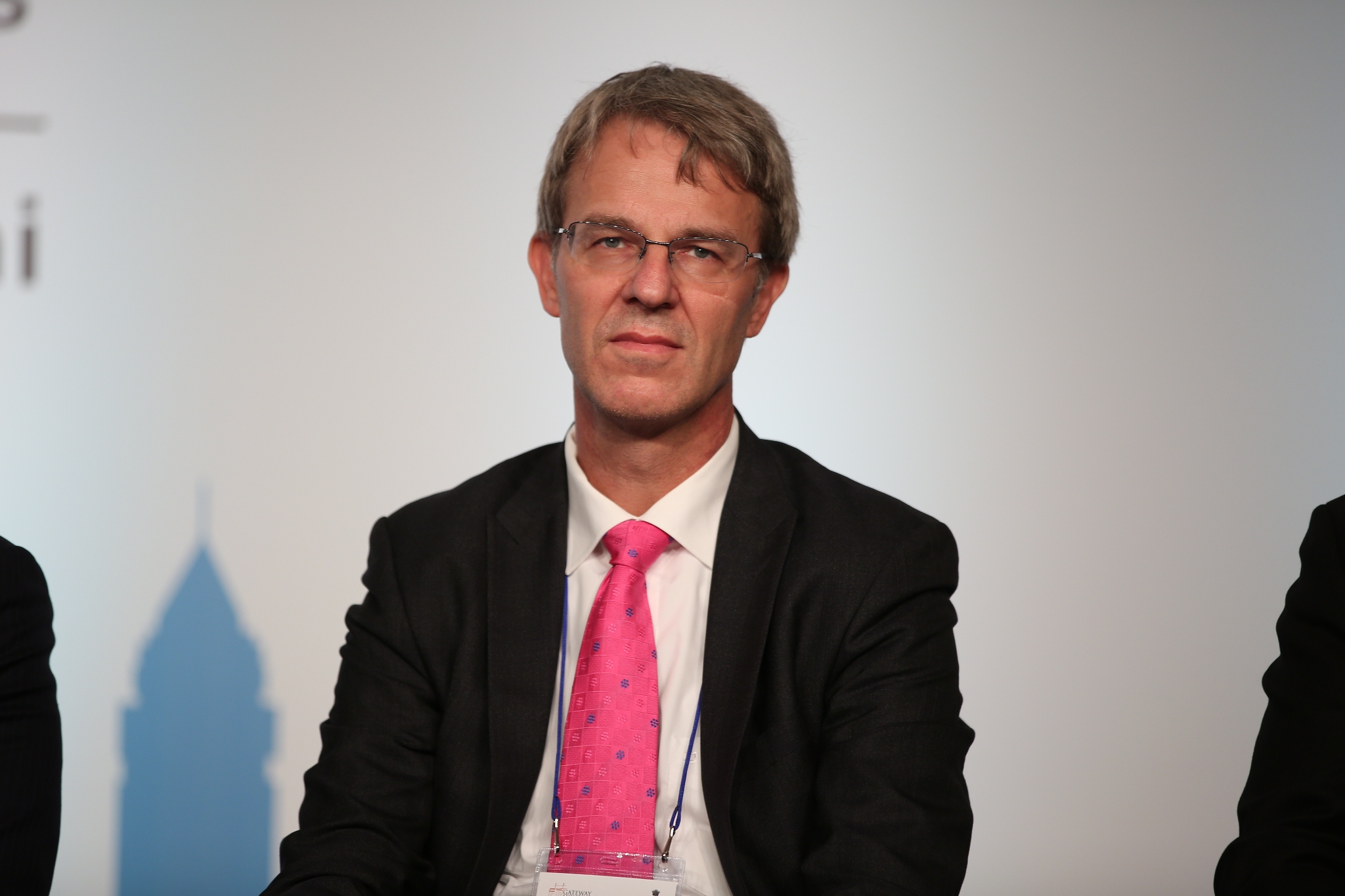Putting an Indian on the moon
A grand achievement is a series of smaller, well-defined, and precise accomplishments. If the vision of putting an Indian on the moon has to materialise, it should be preceded by several smaller projects and diverse institutions meeting definite targets. What would these targets be? Where does India’s scientific community stand in meeting them as of this day? What kind, and how much, additional capacity needs to be added to the Indian science sector to put an Indian on the moon?











